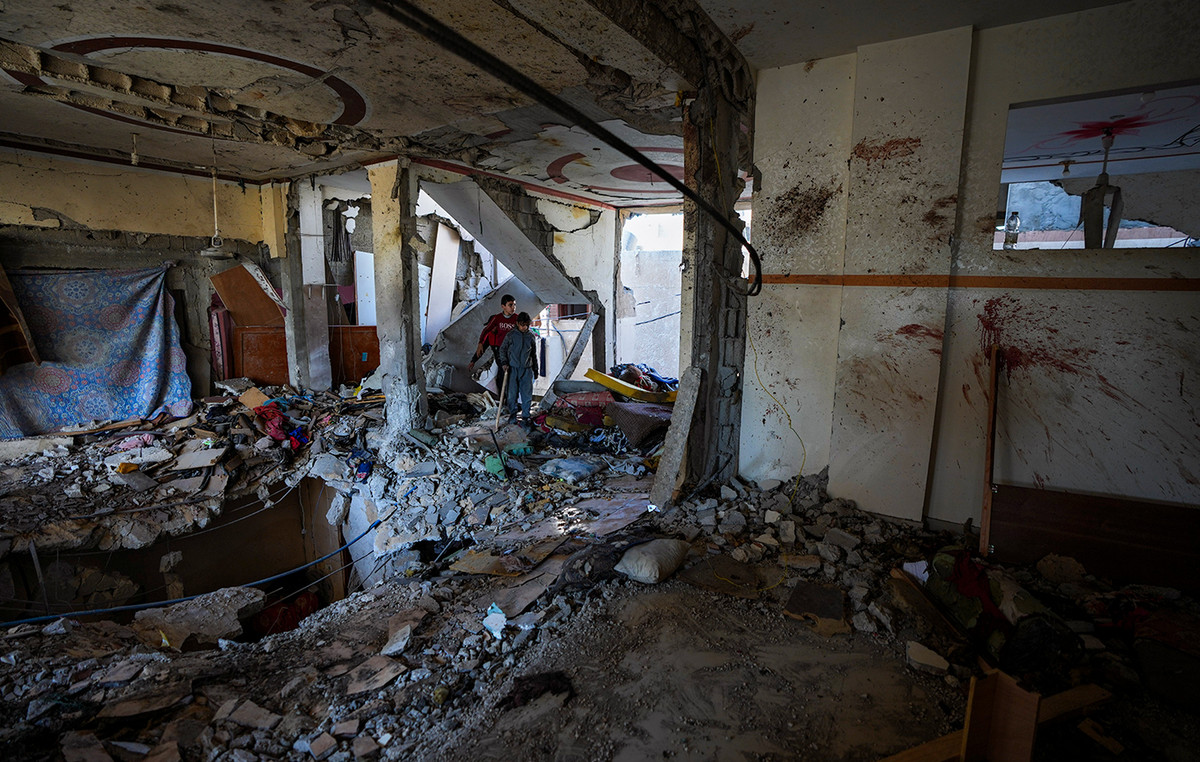There are 5 referendum questions, indeed it can be said that 5 are left. They are those approved by Constitutional Court. They were the questions aboutlegal euthanasia and on the decriminalization of cannabis cultivation as well as one of the six on the subject of justice, the one on the civil liability of judges. The six referendums on justice were promoted by the Radical Party and the Lega, with the support of nine regional councils. Voting takes place on Sunday 12 June from 7 to 23.
The 5 remaining questions concern as many rules. The yes eliminates the law, the no keeps it. You can decide whether to vote for one, more than one or all questions. To be considered valid, each of the questions must reach the quorum, that is, at least 50% + 1 of those entitled to vote must go to vote. Tabs are color coded: red, orange, yellow, gray and green.
The themes are all related to justice: forfeiture and incandiability for convicted parliamentarians and local administrators, preventive detention, distinction between the careers of magistrates and minimum number of supports for those applying to the High Council of the Judiciary. These issues are already partially present in the reform law presented by the government. On 15 June, once the result has been established, the Senate will examine the reform of the CSM and the judiciary presented by the Keeper of the Seals. Marta Cartabia. These are issues that, for many, should not be dealt with by referendum questions as they are excessively technical and for which low turnout is feared.
Content
This content can also be viewed on the site it originates from.
Incandiability and decadence – The Severino law
Marked by the red card, referendum number one concerns the repeal of the Consolidated Law of the provisions on the subject of non-compliance and the prohibition on holding elected and government offices resulting from definitive sentences for non-culpable crimes. By voting yes, the provisions introduced in 2012, which provide for incandiability, ineligibility and automatic forfeiture for those who have been definitively convicted for certain types of crime, from the mafia to terrorism to those against the public administration. It would be the judge to decide from time to time. The no remains the current rule that applies to every election and is considered an important intervention in the fight against corruption.
Pre-trial detention
The form for question number two is orange. Asks to limit the cases in which pre-trial detention can be ordered, the preventive jail, due to the risk of the crime being repeated. Crimes involving minor penalties and illegal party financing would be eliminated. It would remain due to possible pollution of the evidence and danger of escape. For those who support the no, there are already sufficient limits in the penal code in force.
Separation of functions of magistrates
The yellow card identifies the number three referendum that concerns the separation of the functions of the magistrates. The question calls for the repeal of the rules that allow a magistrate to pass from the functions of public prosecutor to those of judge, and to do the path instead four times in the course of his career. With the yes, the magistrate will have to choose at the beginning of his career the judge or prosecutor, judge or prosecution function. Those who support the no say that the separation of careers should not be introduced without changing the Constitution. The reform under review by Parliament deals with this issue with the possibility of a single career transition within 10 years from the first assignment.
Evaluation of the magistrates
Referendum number four has a gray ballot. Voters are asked to comment on the judges’ evaluation system. The referendum wants to allow the vote of the laity, lawyers and teachers, who sit on the judicial councils also on the professionalism assessments of the judges. They would be carriers of greater objectivity. Those who support the No define the lawyers’ judgment of who represents their counterpart in the trial as inappropriate. This change is also partly already in the Cartabia reform.
Signatures for the CSM
The green card of referendum number five concerns the mechanism for selecting judges candidates in the elections of the CSM. He proposes to cancel the rule which establishes that for each candidacy for the election of the professional members of the Higher Council of the Judiciary, a minimum of 25 to a maximum of 50 presenters should be used. The candidacy would be free, not influenced by currents. This question could be overcome by the reform of the electoral law for the toga component of the CSM proposed by the government.
The positions of the parties
The League, with the Radicals, is among the promoters of the referendums and therefore in favor. Forza Italia is for the yes to all five questions. Fratelli D’Italia says No to questions about the Severino law and pre-trial detention. For the Five Star Movement these are issues to be dealt with in Parliament. The Democratic Party has left freedom of conscience. I am for the yes Italia Viva by Matteo Renzi and Action, by Carlo Calenda.
– Referendum: A (recent) history of missed quorums
– From Claudio Cecchetto to Damiano Tommasi, the VIP candidates for the administrative offices
Source: Vanity Fair







